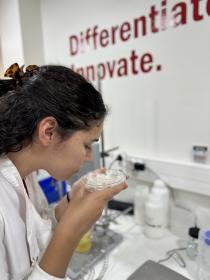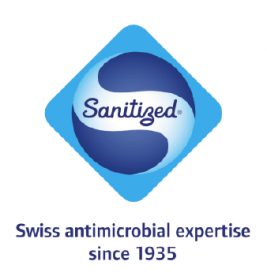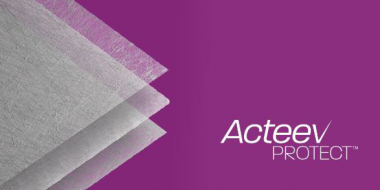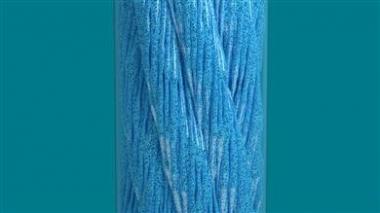HeiQ: Anti-odor technology for feather and down products
HeiQ introduces an anti-odor product addition to its HeiQ Fresh range to eliminate persistent malodor on feather and down products. Biobased HeiQ Fresh for Feather & Down utilizes a combination of pre- and probiotics (synbiotics) which helps to break up the smelly components. This innovation will be showcased at the Techtextil 2024 Swiss Pavilion.
HeiQ Fresh for Feather & Down is a 100% biobased technology engineered to combat the persistent malodor often associated with feather jackets, duvets, and pillows. Developed to address a common challenge faced by manufacturers and consumers alike, this solution represents a leap forward in the field of odor management by removing a significant objection to purchase.
The key issue lies in the natural oil secretion of the duck or goose to provide its natural waterproofing. While essential, this oil becomes the source of the unwanted odors that persist despite conventional cleaning methods. HeiQ Fresh for Feather & Down tackles this problem head-on by harnessing the power of synbiotics (pre- and probiotics).
Through an advanced process, the technology applied during the production stage effectively removes bacterial nutrients present in the feathers and down, thereby preventing the formation of persistent and unpleasant odors. Extensive testing has demonstrated a significant reduction in malodor even after prolonged use, validating the efficacy of this solution. The human sensory testing method according to ISO 17299-1 is the recommended test method.
HeiQ
















